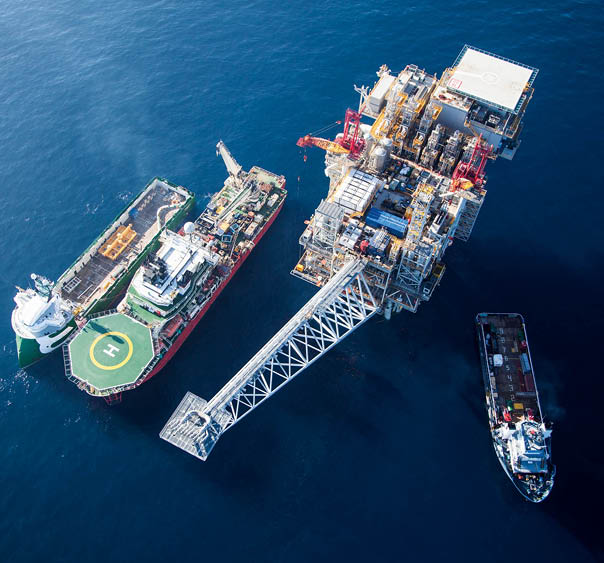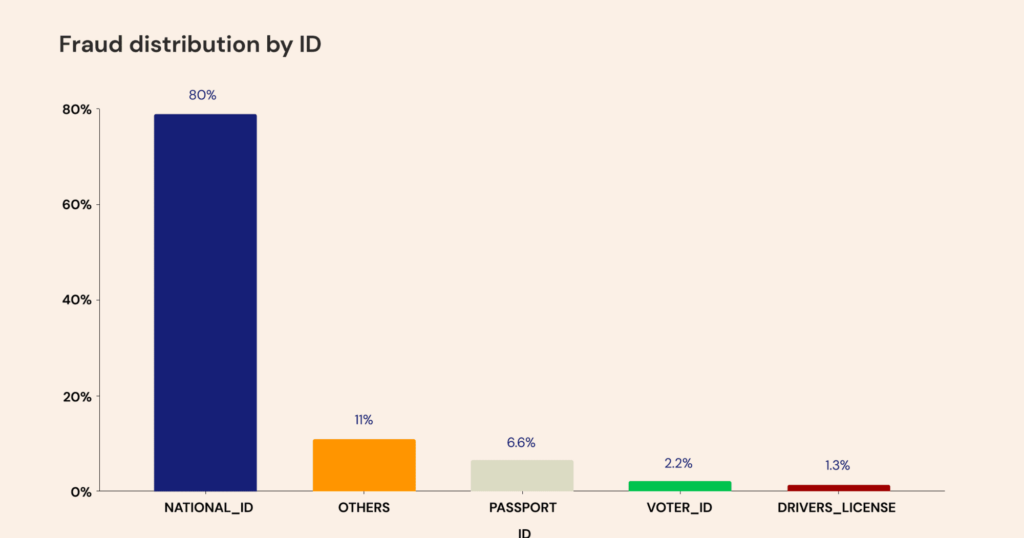A few weeks ago, the Central Bank of Nigeria (CBN) held its first Monetary Policy Committee (MPC) meeting since its new governor resumed office, sparking anticipation after a five-month hiatus. More importantly, this delay heightened anxieties surrounding the meeting, given Nigeria’s pressing economic situation. In a decisive move to combat inflation, the MPC implemented an unprecedented 400 basis point hike in the benchmark interest rate, raising it to 22.75%. Nigeria’s last rate review was an increase of 25 basis points (0.25%) last July when inflation was 22.79%. The MPC has now lifted the benchmark by an unprecedented 1,025 basis points since its tightening campaign began in May 2022. Since initiating its tightening measures in May 2022, the MPC has now cumulatively raised the benchmark rate by a staggering 1,025 basis points.
However, the effectiveness of this measure in curbing inflation without further straining the economy has been a subject of debate. While raising interest rates can reduce inflation by making borrowing more expensive and encouraging saving, it may take time to see a significant impact. In cases of high inflation driven by factors like supply chain disruptions or global commodity price hikes, such as oil, the effectiveness of interest rate hikes can be limited. A report by the International Monetary Fund found that the impact of interest rate hikes on inflation in sub-Saharan Africa can be weaker compared to developed economies. Financial market strategist, Babajide Babatunde, offers his insights into the implications of this policy decision in an interview with Ventures Africa.
Ventures Africa (VA): Considering the current economic climate, do you deem the CBN’s action appropriate?
Babajide Babatunde (BB): The increase in NPR by 400 basis points is essential and needed. Even before the NPC committee went into the meeting, many analysts forecasted that there must be an increase in NPR because it has been a while since it was increased. In the last NPC meeting, it was left at 18.75.%. With inflation at nearly 30% and NPR at 18.75%, it made it hard for the government to provide incentives for shareholders (investors) to come to the country. Thus, the CBN increased the NPR by 400 basis points to 22.75% to help boost investor confidence and encourage them to lend funds to the country. It has become essential to tame inflation. When NPR is high, it encourages people to save. The result is less cash in circulation, which is a win for the CBN since excessive cash supply is one of the key factors that is driving inflation within the country.

VA: Were there other alternative measures the CBN could have taken to tame surging inflation in Nigeria?
BB: So broadly, the CBN has three basic objectives which include the management of FX, the management of interest rates, and also the management of inflation. These three things are inter-related, and there is a way one element that drives the other. One of the key ways of managing inflation is through interest rates as the CBN has done. Looking at the power of the CBN, they are doing what they should do, which is controlling the money supply so that too much money is not running after a few commodities.
However, I have a reservation about that because inflation in Nigeria seems to be cost-pushed and not the other way around. More of the responsibility lies on the fiscal side. The fiscal side of the government needs to look into policies that provide security so that people can go to their farms and that could increase the local food supply because food inflation is 51% of CPI, and that is half of it. A crash in food inflation, which is around 35%, would have a significant impact on the total inflation itself. The contribution of this fiscal side is crucial, yet, so is investment in essential infrastructure to foster economic growth.
VA: What will be the immediate impact of the latest move on the populace?
BB: As I previously stated, the Central Bank of Nigeria should increase the Net Portfolio Ratio (NPR) to 50%. However, this alone will not solve Nigeria’s inflation problem. Inflation in Nigeria is a cost-push, not a result of excessive spending. The reality is that people can’t afford to travel. For instance, it is easier and more convenient to import food items like rice from the Netherlands into Lagos than to transport rice from Kebbi to Lagos, considering the cost of production, security issues, and other factors.
These issues need to be addressed, and until they are, I don’t think adjusting the NPR alone can make a significant difference. That is why I emphasized earlier the importance of collaborative efforts from the fiscal side. I hope the Minister of Finance responds positively by implementing policies that will help steer the economy towards the CBN’s objectives. The CBN’s plan is valid and can yield the best results in a functioning economy. However, Nigeria is a victim of many circumstances that may hinder such policies. Therefore, I don’t foresee any long-term positive impact unless there’s a response from the fiscal side of the country.
VA: Nigeria is an oil-dependent economy. Aside from not having what it takes to refine its crude, leaving it at the mercy of foreign refineries, global oil price shocks still take a toll on the economy. Considering the uncertainties in the global oil market, do you think the CBN can achieve so much with the new interest rate hike?
BB: Regarding the shock in global oil prices, Nigeria will continue to be affected by this. For context, I’d like to clarify that some economic analysts attribute inflation in Nigeria to imported inflation from the Western world. I slightly disagree with this because the Western world doesn’t significantly impact our inflation. Countries like the US and Europe primarily experience inflation due to energy costs. For instance, last year, inflation in the UK was close to 10%, but it is decreasing. However, Nigeria is exposed to various inflationary factors, such as underproduction and insecurity.
Also, when discussing global oil prices, Nigeria hasn’t fully capitalized on market activity. In 2022 when oil prices were around $120 per barrel, Nigeria was struggling to meet OPEC standards. This was a significant issue as Nigeria couldn’t cash in on the market conditions at that time. According to the Q3 economic reports, Nigeria currently produces 1.45 million barrels per day, which is significantly lower than past production levels and OPEC standards. There was a period around 2020, during the COVID-19 pandemic, when Nigeria was producing about 2 million barrels per day.
However, global politics has significantly impacted the economy, and consequently, the Nigerian foreign exchange market. Since we primarily derive our foreign exchange from oil, any shocks in the oil market have drastic effects on the Nigerian economy. This calls for diversification into other mineral resources like coal and other valuable mineral resources scattered across the country. The government must look towards diversifying the economy.
Additional reporting by Ishioma Imokhai-Bello




